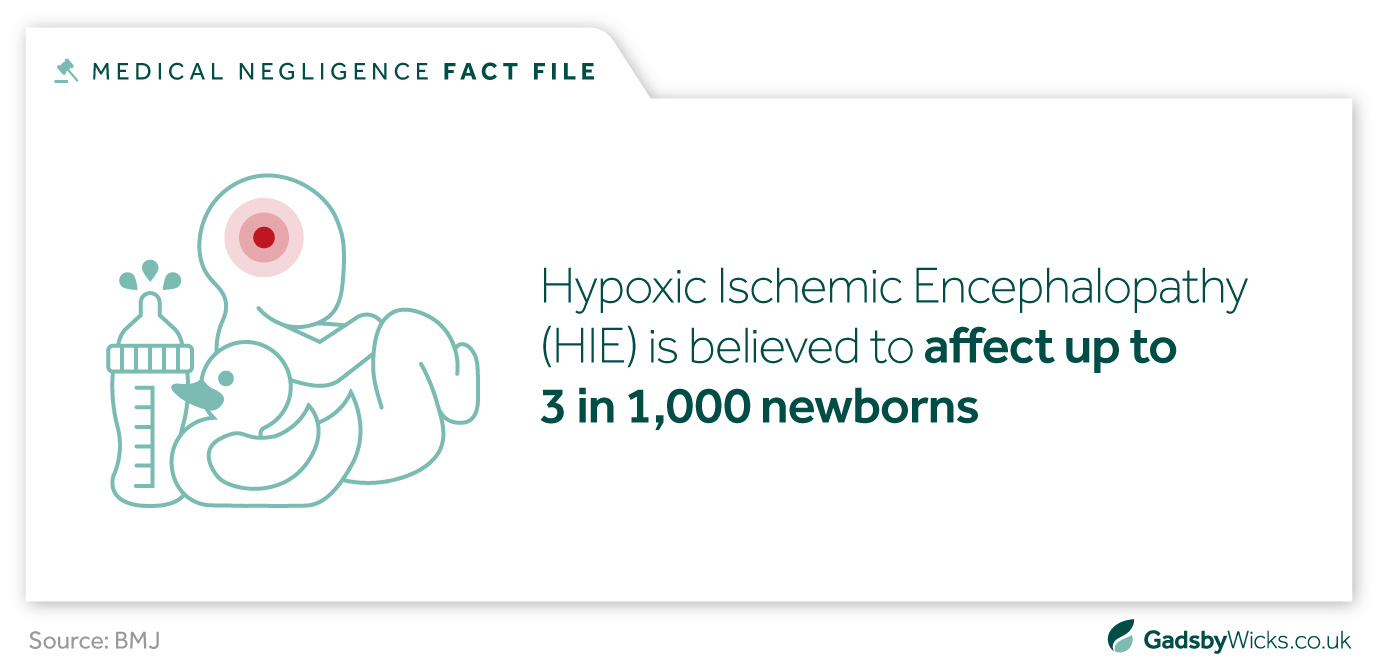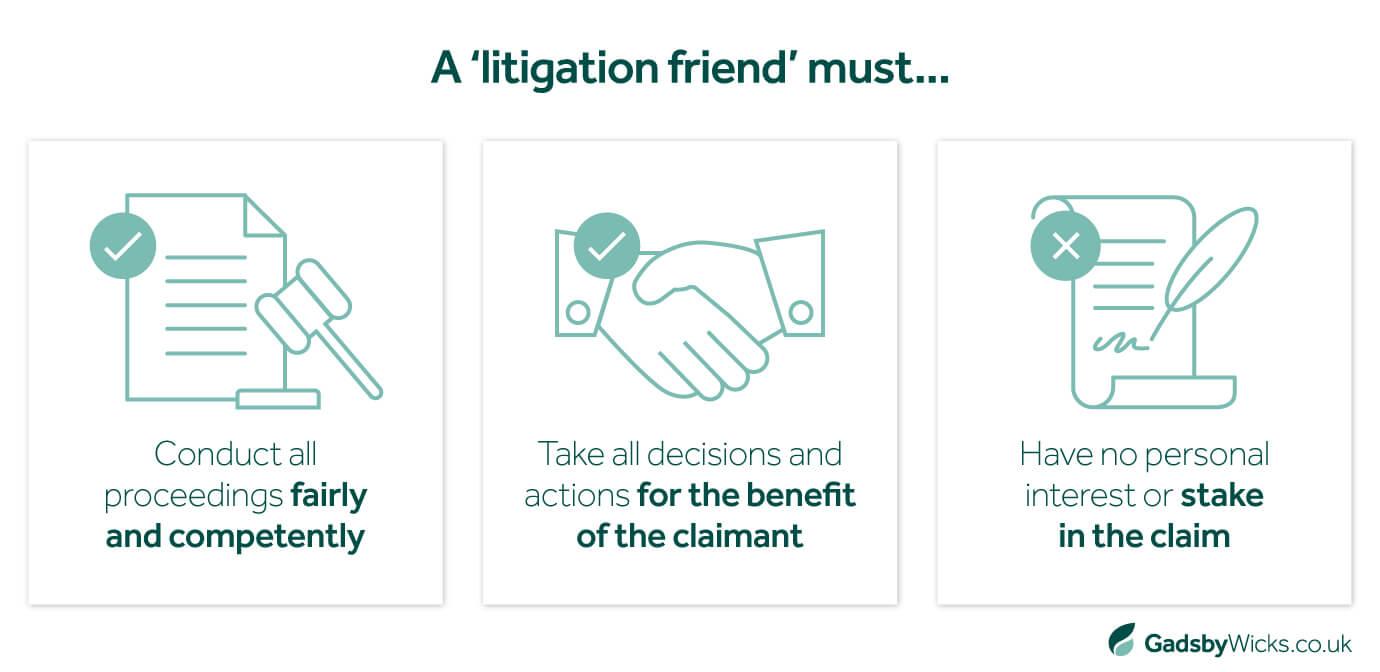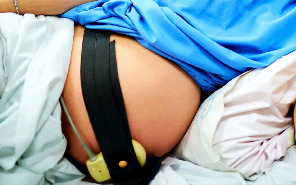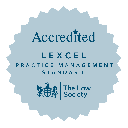- Home >
- Birth Injury Claims >
- Birth Injury to Baby Claims
Injuries suffered prior to, during or shortly after childbirth can forever change a baby’s before it can truly begin. If medical mistakes have impacted your child and your family, we can give you financial security for whatever the future holds.
For over 30 years, we have helped parents and guardians obtain the compensation their children need and the justice they deserve. With specialist expertise in all forms of birth injury to baby claims, trust our legal experts to guide you to a settlement that looks after the long-term health and welfare of your child.

Do you have a birth injury to baby claim?
While most births and pregnancies proceed without issue, mistakes can happen. If a doctor, midwife or another medical professional misses warning signs or mishandles a birth, it can have lifelong repercussions for a baby’s physical and mental development.
If your child has suffered due to a negligent act, you may be entitled to make a birth injury to baby claim. While we cannot turn back the clock, we can help you secure compensation that covers your child’s long-term needs, hold those responsible to account, and provide answers that give you true closure.

The specialist birth injury to baby claims solicitors for Essex & East Anglia
Since 1993, our solicitors have built a strong reputation for managing complex birth injury claims, winning millions in compensation for our clients and their families.
Our rigorous approach to investigating evidence and unrivalled negotiation skills helps you understand what went wrong and receive the best possible settlement, with 96% of our cases resolved outside of court. Plus, we work on a ‘no win, no fee’ basis, ensuring that no matter how long your child’s case takes to settle, you don’t pay a penny unless we win it.
How much could your birth injury compensation be worth?
What does our birth injury to baby claims process look like?

A free initial consultation
Call us, request a callback or complete our online form and we’ll assess if you have a valid medical negligence claim.

Funding your claim
Discover the ways we can fund your claim without you paying a penny at any stage of the process.

Investigating evidence
We gather medical records, witness statements and more to learn what happened to you and prove your claim.

Instructing independent medical experts
We work with impartial, experienced medical experts to establish whether your injuries were due to substandard medical care.

Valuing your claim
We assess your health and financial losses to accurately estimate how much compensation your claim is worth.

Presenting your case
We contact the Defendants and the Courts on your behalf to set out your allegations and receive a response.

Negotiating a settlement
We work to achieve a fair settlement for you outside the courtroom – this is how 96% of our cases end.

Preparing for Trial
If we must proceed to Trial, we fully prepare you for what to expect so you receive the right result in court.
FAQs about birth injury to baby claims
What birth injuries can happen to a baby during antenatal care?
The purpose of antenatal care is to help prevent and eliminate any risk for a baby growing in the womb to be starved of oxygen, contract an infection, or suffer in another way. If monitoring of a baby’s condition is inadequate, or red flags are not acted upon, this can greatly affect their health and put their life in the balance.
For instance, a drop or disruption in blood supply from the placenta can restrict the oxygen a baby receives. The duration and level of oxygen starvation can cause significant brain injuries and numerous long-term disabilities:
- Cerebral Palsy
- ADD/ADHD
- Autism
- Behavioural disorders
- Seizures
- Epilepsy
- Blindness/impaired sight

Other problems that can occur during antenatal care include:
- Failing to limit the risk of harm to a baby if the mother has preeclampsia, obstetric cholestasis, diabetes or other risk factors
- Failing to prevent or address warning signs of infection
- Incorrect reading of CTG results, or tracking the mother’s pulse rather than the baby’s heart rate
- Overlooking noticeable changes in a baby’s growth rate
- Underplaying bleeding or pain suffered by the mother during pregnancy
Learn more about the risks of negligence during antenatal care.
What birth injuries can happen to a baby during childbirth?
All babies are at risk during delivery, whether this is performed naturally, using forceps or ventouse, or by caesarean section. If the birth is mishandled, or warning signs are not reacted to quickly enough, a newborn can develop lifelong disabilities, or even die.
Mistakes that may occur during delivery include:
- Failing to see or address signs of oxygen starvation
- Causing head injuries due to mismanagement of the birth
- Forceful or inappropriate pulling of the baby
- Failing to appropriately disimpact the baby's head during a caesarean section
- Incorrect or ineffective use of forceps or ventouse
- Failing to prevent or address an infection
These mistakes can cause a baby to suffer in both the short and long term:
- Oxygen starvation may lead to Cerebral Palsy and other lifelong disabilities
- Mishandling of shoulder dystocia can result in substantial nerve damage to a baby’s shoulder, leading to an Erb’s Palsy claim
- Forceful pulling or inappropriate use of instruments may cause fractures, spinal injuries and more
View our National and Essex Medical Negligence Statistics post for more information.

What birth injuries can happen to a baby in postnatal care?
The immediate hours, days and weeks following birth can be a tense period for new parents in any circumstances, especially if the baby is born unwell or with worrying symptoms.
It is crucial that the paediatricians, obstetricians, midwives and other healthcare professionals responsible for looking after a newborn’s health act promptly and professionally if they notice any warning signs. Failing to monitor or address red flags can lead to serious, preventable consequences for the child and their loved ones.
Examples of negligence that can occur following birth include:
- Failure to carry out prompt, effective resuscitation of a baby born in poor condition
- Failure to anticipate the need for assistance for a baby, delaying medical treatment
- Failure to cool a baby to minimise the risk and damage of potential brain injuries
- Not minimising the risk of infection, or treating signs of infection in a newborn
- Not recognising or responding to signs of seizures or fits
How can I know that an injury to a baby is due to negligence?
Sometimes injuries sustained by a baby before, during or immediately following birth are unavoidable, even when the healthcare professionals on site did everything they could.
Sadly, this is not always the case. Inadequate monitoring, delayed treatment responses, misdiagnosing a medical situation, and overall substandard care can completely alter the direction of a newborn’s life, and the lives of their family. When this happens, it is crucial that those responsible are held accountable, and that those affected are fairly compensated.
Like all medical negligence claims, proving a birth injury was negligent is the responsibility of the claimant against the Balance of Probabilities, and rests on three key elements:
- Did a healthcare professional breach their duty of care towards the baby or its mother?
- Did the baby suffer harm?
- Was this harm a direct result of the healthcare professional’s breach of duty?
As specialist birth injury claims solicitors, we will thoroughly assess all available evidence, including medical records and witness statements, to establish whether your child’s birth injury was a result of negligence.
We will also speak with relevant medical experts to determine whether the defendant’s action or inaction fell below the standard expected of them, and whether the child’s development has been affected as a result.
By examining all evidence and working closely with our network of paediatric neuroradiologists, paediatricians, obstetricians and other healthcare professionals, we take every step to investigate a claim and quantify the compensation a claimant is entitled to.
What is the claims process when a baby is injured?
The law does not allow a person under 18 or a protected party (someone lacking the mental capacity to make certain decisions) to make a medical negligence claim. But, this does not make a baby’s or child’s claim any less legitimate.
In these circumstances, a ‘litigation friend’ will be assigned to act on the claimant’s behalf. A litigation friend can be anyone who will act in the claimant’s best interests, often a parent or close relative.

Another significant difference in child injury claims is how compensation is awarded. If the claimant is under 18 or a protected party, the court must approve the award of compensation, deciding how this should be invested and who can manage the fund.
For significant compensation awards, a Deputy is often appointed by the Court of Protection to protect and administer the funds on the claimant’s behalf. This will end when the child turns 18, if they are considered to be mentally capable of handling their compensation.
For more, please read our guide on how to make a birth injury claim on behalf of your child.
How long does an injury to baby claim take to settle?
Unlike other medical negligence claims that can often settle in two to five years, an injury to babies claim may not reach this point until the child is at least eight or nine years old (although this may be younger or older depending on the circumstances).
Even if the defendant admits liability for the injuries sustained by the claimant early, it will take several years to properly determine what the ramifications a baby’s injuries have on their long-term development. You do not want to settle too early for a value that will not meet your child’s ongoing needs.
By monitoring and reviewing the child’s development for several years, impartial experts will be much better placed to inform us of what support they will need in the future.
Despite this wait, we would recommend starting a claim on your child’s behalf as soon as you suspect that they were injured by a medical mistake. While it may take years to achieve a settlement, you could receive interim payments.
These payments can provide much-needed financial support to meet the immediate needs of your child and your family, and help you figure out a care regime that works for you before the final settlement.
Contact our expert birth injury to baby claims solicitors
If your child suffered an injury before, during or after childbirth and you would like to discuss your options, our team is here to listen and advise you on your next steps.

Lexcel accredited medical negligence claims solicitors
We are proud to be a Lexcel-accredited practice. The accreditation is a mark of quality and comes directly from the Law Society.
A recent assessment described us as a “Centre of Excellence” and we continue to operate to the highest standards across all main areas of our field. These include client care, case management, financial management, structure and strategy, people management, risk management, information management and file management.










